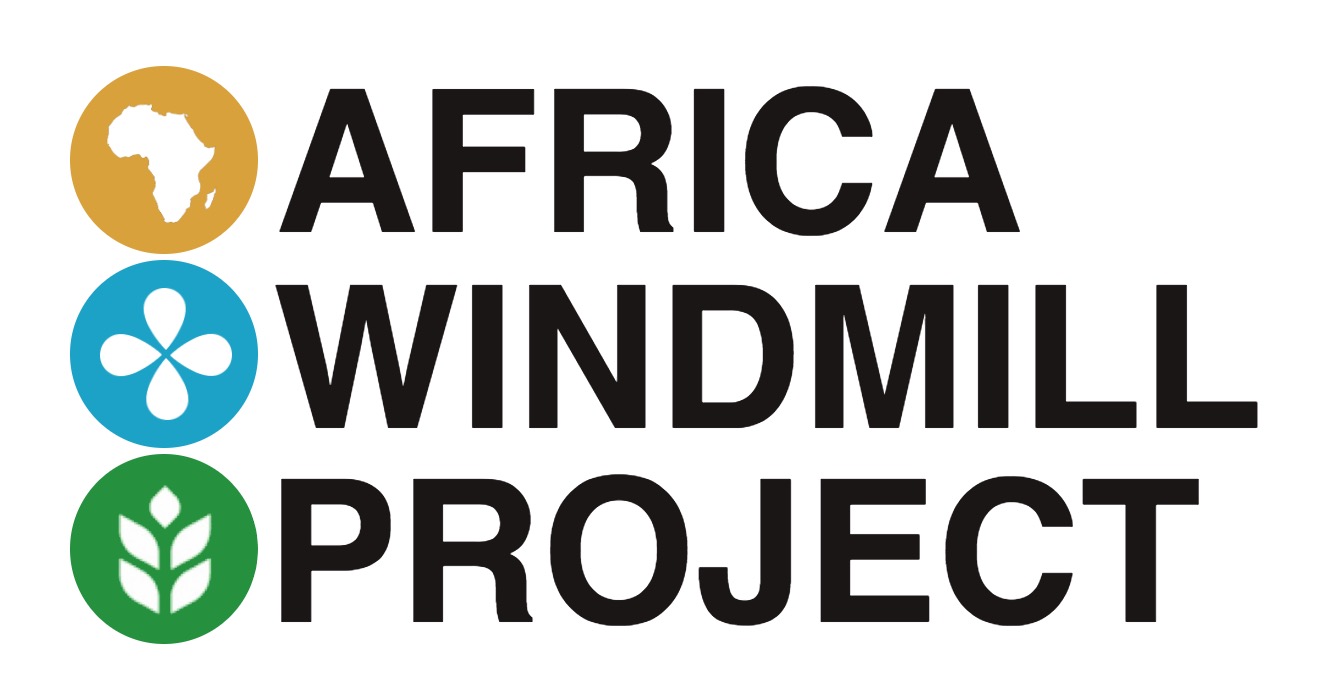Generational Diversity and AWP
Retirement for farmers in rural Malawi doesn’t mean a social security check or a 401k distribution. It means continued work and, failing that, dependence on their children. AWP works with older farmers as well as younger ones to transform their lives from want to plenty. Here are the stories of two older couples in AWP projects.
At 60 and 66 respectively, Tikondane club members Esime Nanguluwe and her husband Masulani Skalot aren’t as young as they used to be. Walking uphill multiple times a day with watering cans to hand irrigate their two-acre garden was beginning to be physically difficult. “The maize I grew didn’t do well because the area is on the higher side of the garden and it required a lot of water,” Masulani explained.
A windmill and tank from AWP have completely changed their outlook.
In fact, the windmill installed at their garden is the first of its kind in Chigonthi EPA. It works with a gear mechanism for power conversion instead of a lever, and enables Esime and Masulani to provide food for the three granddaughters who live with them. They hope they will have enough left over to sell for a profit which can be used to meet other family needs.
Before Elita Mankhokwe and Molegani started irrigation farming, they couldn’t afford to buy soap, much less fertilizer for farming. Like the Skalots, they struggled to carry heavy watering cans. However, they started irrigation farming at the beginning of this year, after they observed the success of their neighbors. They didn’t even have a garden; they had to rent one to start farming leaf vegetables and beans.
So far, the Moleganis have made about MK100,000 (US $86) through sale of their produce. They now have a rope and washer pump and by year’s end they hope to buy a bicycle to transport their produce. They are already anticipating next year’s irrigation crop, because they have plans to buy the garden they have been renting.
We do not depend on our children anymore because of irrigation farming.

